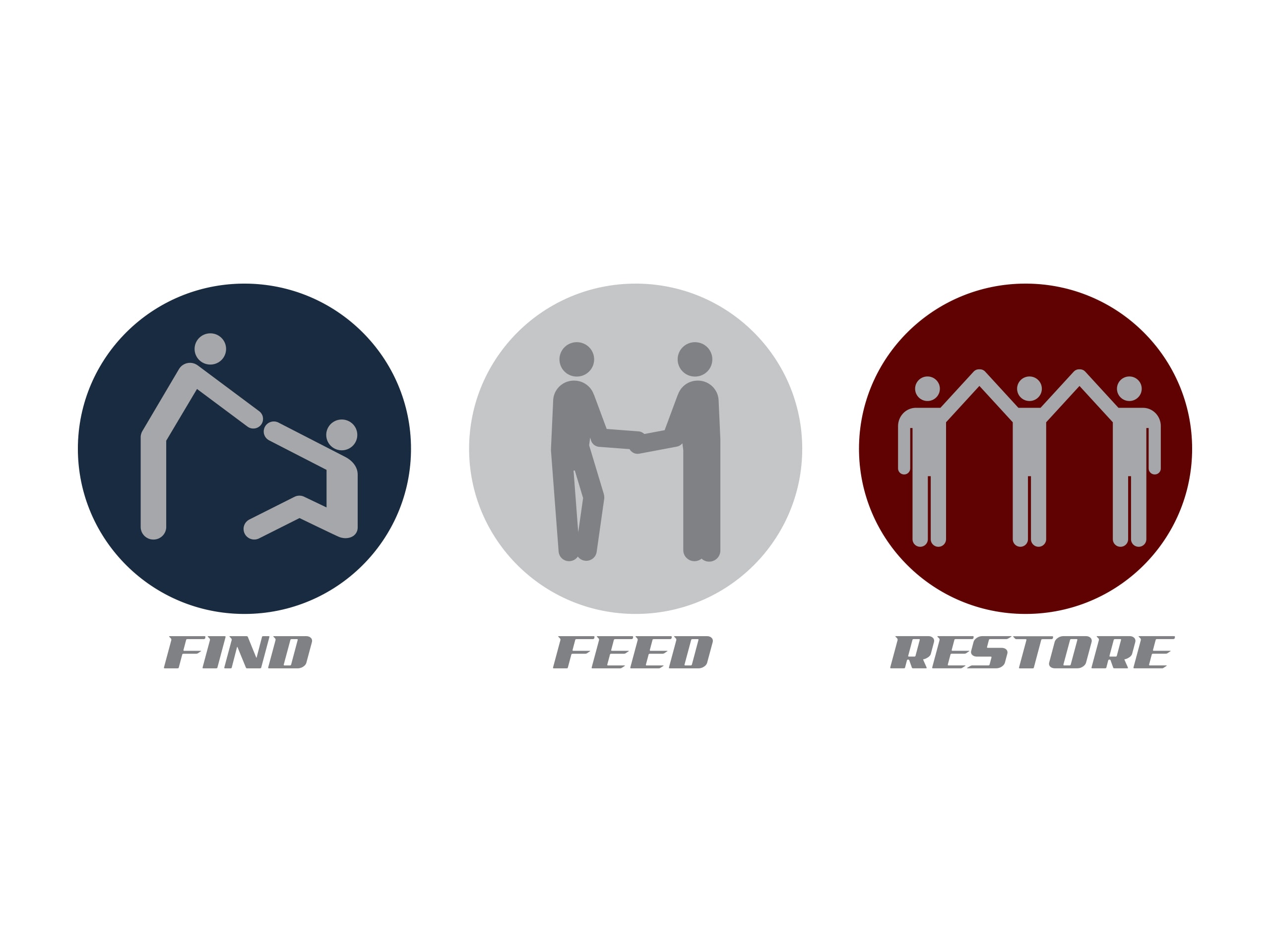Important Tax Updates!
Tax season is upon us and it is time to start preparing.
I know it can be overwhelming. We have heard so much in the news about taxes that it’s been hard to keep up. No worries for you though! You have a tax professional dedicated to keeping up to date with all the tax changes and understanding how to act in your best interest.
Let’s begin with a bit of housekeeping. Businesses are required to send out all W2s/W3s and 1099s by January 31, 2018. Tax season officially starts on January 29th.
- The big news … The Tax Cuts and Jobs Act took effect January 1, 2018. The big question … what does this mean for you?
- Tax rates have been lowered for individuals as well as corporations. Individual savings is based on overall income. Corporate tax rates decreased to 21%. It raises the standard deduction to 20 percent for pass-through businesses (this deduction ends after 2025). Pass-through businesses include sole proprietorships, partnerships, limited liability companies, and S corporations. They also include real estate companies, hedge funds, and private equity funds. The deductions phase out for service professionals once their income reaches $157,500 for singles and $315,000 for joint filers.
- According to the IRS, the new tax rates will not be reflected in paychecks until February. These other individal changes will not take effect until 2019, for 2018 tax filing.
- The standard deduction has doubled. Single filer’s deduction increases from $6,350 to $12,000. The deduction for Married and Joint Filers increases from $12,700 to $24,000 (this will revert back to the current level in 2026). This increase will reduce your tax liability and will help those who do not file Schedule A. However, as more taxpayers take a standard deduction, fewer will be able to take advantage of the mortgage interest deduction, claimed on Schedule A. Your total itemized deductions on Schedule A would need to be higher than your standard deduction to claim them.
- The new tax act eliminates personal exemptions. Before the Act, you could subtract $4,150 from income for each person claimed thus reducing your tax liability. This could hurt some families with many children.
- The Act eliminates most itemized deductions. That includes moving expenses, except for members of the military. Those paying alimony can no longer deduct it, while those receiving it can. This change begins in 2019 for divorces signed in 2018.
- Currently, if you itemize your deductions, you can deduct qualifying medical expenses which exceed 10% of your adjusted gross income. Under the new bill the medical deduction stays in place with a lower floor of 7.5%.
- A personal casualty loss is typically claimed as an itemized deduction but now you may claim the loss if you claim the standard deduction with limitations.
- The Act keeps deductions for charitable contributions, retirement savings, and student loan interest.
- The Act limits the deduction on mortgage interest to the first $750,000 of the loan. Interest on home equity lines of credit can no longer be deducted. Current mortgage-holders are not affected.
- You can deduct up to $10,000 in state and local taxes, if you itemize deductions. You must choose between property taxes and income or sales taxes. The IRS will only allow prepaid property taxes if the state has already done its 2018 assessment. While this may not directly affect your 2017 taxes, there is one clause in the bill that taxpayers should know about.
- The Act increases the Child Tax Credit from $1,000 to $2,000. Even parents who do not earn enough to pay taxes can claim the credit up to $1,400. It increases the income level from $110,000 to $400,000 for married tax filers.
- The Act allows parents to use 529 savings plans for tuition at private and religious K-12 schools. They can also use the funds for expenses for home-schooled students.
- The Act allows a $500 credit for each non-child dependent. The credit helps families caring for elderly parents.
- The Act repeals the Obamacare tax on those without health insurance in 2019.
- The Act doubles the estate tax exemption to $11.2 million for singles and $22.4 million for couples. The exemption reverts to pre-Act levels in 2026.
- The Act keeps the Alternative Minimum Tax. It increases the exemption from $54,300 to $70,300 for singles and from $84,500 to $109,400 for joint. The exemptions phase out at $500,000 for singles and $1 million for joint. The exemption reverts to pre-Act levels in 2026.
- The Act limits corporations’ ability to deduct interest expense to 30 percent of income.
- The Act allows businesses to deduct the cost of depreciable assets in one year instead of amortizing them over several years. It does not apply to structures. To qualify, the equipment must be purchased after September 27, 2017, and before January 1, 2023.
- The Act eliminates the corporate AMT.
Whew! That was a lot to take in! Again, no worries. I’m up to date and the taxes I prepare will have all this covered.
Ready to schedule an appointment to have your 2017 taxes prepared? Call me at 407-559-1047. Or, learn more about my services at denisecalderon.com.









